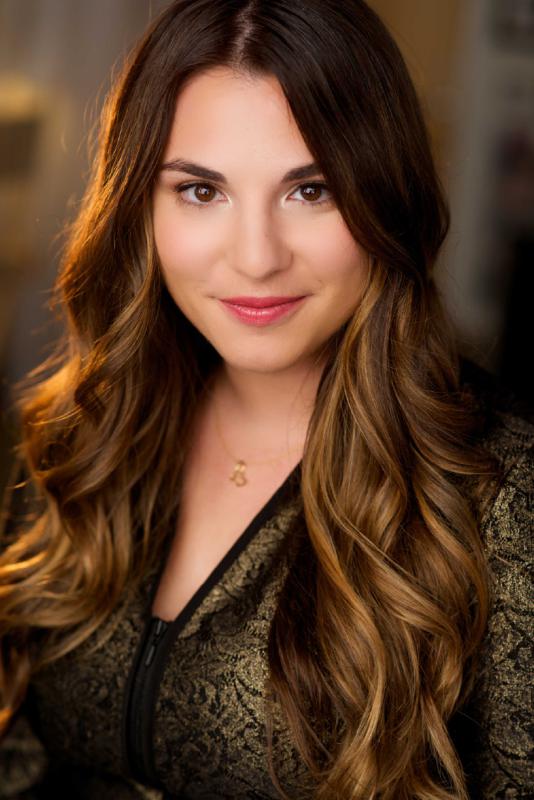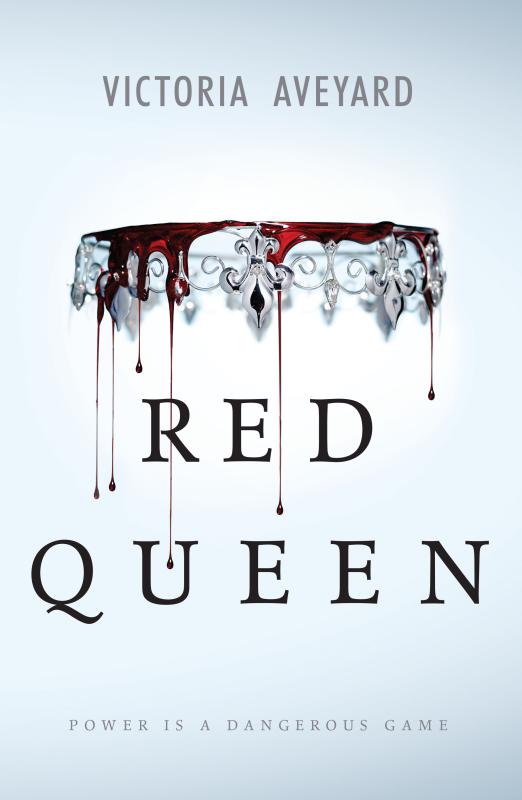East Longmeadow’s Victoria Aveyard left the Valley a few years ago to study screenwriting at the University of Southern California. Her time there led to meetings with agents, and through a fortuitous set of events, newfound connections led to a book contract. That book, Red Queen, was optioned by Universal for film purposes before it was published. These days, Aveyard’s book, which hit shelves in February, is enjoying a run on the New York Times best sellers list, where it hit number one.
Read Aveyard’s blog, and you quickly get a sense she’s humble about and amazed by her quick success, chalking much of it up to good luck. She splits her time between the Valley and the West Coast, and is currently at work on the third book in the Red Queen series. The series follows the fortunes of a young woman in a world divided into the lower class red-blooded and the aristocratic silver-blooded. That protagonist, Mare Barrow, is a red-blood whose unusual powers allow her to pass in the world of the silver-blooded.
Valley Advocate: How did you go so quickly from college student to best-selling author?
Victoria Aveyard: I honestly don’t know. Basically, after I graduated college, I decided to go full tilt at writing a novel. I just worked, kept my head down, did my own thing, and suddenly I had a stellar agent and the full weight of HarperCollins pushing my novel I never thought would see the light of day. I’m absolutely floored by the response, and still can’t believe Red Queen hit the New York Times best seller list, let alone at number one.
I was on tour when I got the call, in a hotel room outside Chicago trying to brush a tangle out of my hair. I was speechless ,and then had to do an event that night without jumping out of my skin. And now we’re on the list for the ninth week in a row. It’s very surreal.
What was it like to be, as you talk about in your blog, ferrying school kids around in East Longmeadow and eventually be ferrying them around with a book deal and a movie option?
I’m stupidly stubborn, so I obviously hated when my mom convinced me to start driving kids home for cash. But the kids were actually great, and it was a good job to get me out of the house once a day, and away from constantly refreshing my email. I was finished with the first draft at this point, and needed the time away from the computer, not to mention the pocket money. And then when things started moving, be it the publishing deal or the movie option, it was, in hindsight, great to have the job. It kept me very grounded.
It would have been very easy for me to float off into the clouds, knowing I was signing a publishing deal and selling an option to Universal Pictures. But then I was still behind the wheel of an old Toyota, waiting in carpool line in Longmeadow. I told the kids what was happening once I could. They were equal parts excited and blah, which I needed. I’m so grateful I was home in Western Mass when all the excitement happened, or else I would’ve been impossible to live with.
Do you think growing up in the Valley, where there are so many writers, influenced you as a writer?
I think I was most influenced by the size and scope of my town. I grew up in East Longmeadow, in a small town, and I felt very restricted. It made me turn to books, movies, television, anything I saw as a window into a place that wasn’t my little life.
I was always telling stories because, while I grew up well, it felt boring. I wanted to be zipping around the Star Wars galaxy rather than navigating the East Longmeadow rotary. This impulse led me to writing, and then screenwriting, and from there, I moved to Los Angeles to study film at the University of Southern California. It was very much a culture shock between a huge city and a small town, but one I sorely needed.
How did the story of Red Queen take shape? Was it spawned by anything in particular?
There wasn’t any particular catalyst besides an image I had of a young girl about to be executed. But instead of dying, she turns the tables and electrocutes her executioner, killing him instead. I was really enamored with the idea and started building the world and story of Red Queen to service this image, making it possible.
Why speculative fiction? And why YA?
I’m a storyteller and an entertainer above all things. That’s why I do this — to transport an audience for a few hours. It’s what I love about stories, so it’s what I try to achieve. There was never a conscious choice to write anything other than fiction, be it in books or on film. As for YA, I didn’t set out to write a YA novel. I started outlining a story and it happened to be YA. I didn’t select parameters beforehand and then try to fit a story to a certain checklist. If the my next project happens to be YA, so be it, but it might not be.
Most reviews of Red Queen praise exactly what others don’t like, saying that you pick up, in your own way, on tropes in other popular speculative YA books. What do you think about how your book relates to others? How much does that matter?
I was very much inspired by George R.R. Martin’s A Song of Ice and Fire series. His use, and subsequent subversion, of what seems like all fantasy tropes, is absolutely spectacular. I hoped to do at least one percent of that in Red Queen, so I played into a few tropes of the YA and fantasy genres so that I could twist them around later on in the story.
Obviously it works for some people and not for others, but that comes with the territory. Art is subjective. And when it comes to comparing Red Queen to other works, that’s just not healthy. Bad reviews I can read all day long, but I like to put on blinders when it comes to “your book next to this book” stuff. It just doesn’t interest me.
Will we be seeing you around the Valley much?
I’m in Massachusetts pretty much half the time, but I don’t have any official events on the lineup for a while. I’m getting back into work mode for book three and it’s hard to keep up with events while in the thick of writing.
What advice do you have for aspiring young writers who’d like to do what you’ve done?
Write. Finish. If you give up on your project, it’s all over before you even begin. Read as much as you can, watch as much as you can. Devour stories. But live. Don’t bury yourself in what you think an author should be doing. Be yourself, live your life, or you’ll never be able to write life.•





